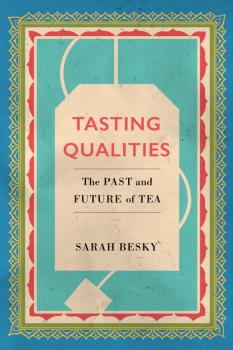ТОП просматриваемых книг сайта:
Atelier: Ethnographic Inquiry in the Twenty-First Century
Скачать книги из серии Atelier: Ethnographic Inquiry in the Twenty-First CenturyАннотация
Информация о книге
Автор произведения Sarah Besky
Жанр Биология
Серия Atelier: Ethnographic Inquiry in the Twenty-First Century
Аннотация
Информация о книге
Автор произведения Lauren Coyle Rosen
Жанр Биология
Серия Atelier: Ethnographic Inquiry in the Twenty-First Century
Аннотация
Информация о книге
Автор произведения Jatin Dua
Жанр Культурология
Серия Atelier: Ethnographic Inquiry in the Twenty-First Century
Аннотация
Информация о книге
Автор произведения Kathryn A. Mariner
Жанр Биология
Серия Atelier: Ethnographic Inquiry in the Twenty-First Century
Аннотация
Информация о книге
Автор произведения Anthony W. Fontes
Жанр Юриспруденция, право
Серия Atelier: Ethnographic Inquiry in the Twenty-First Century





